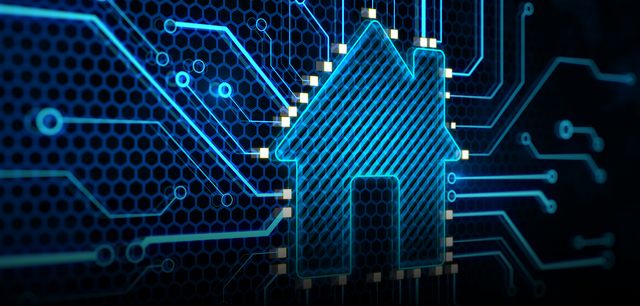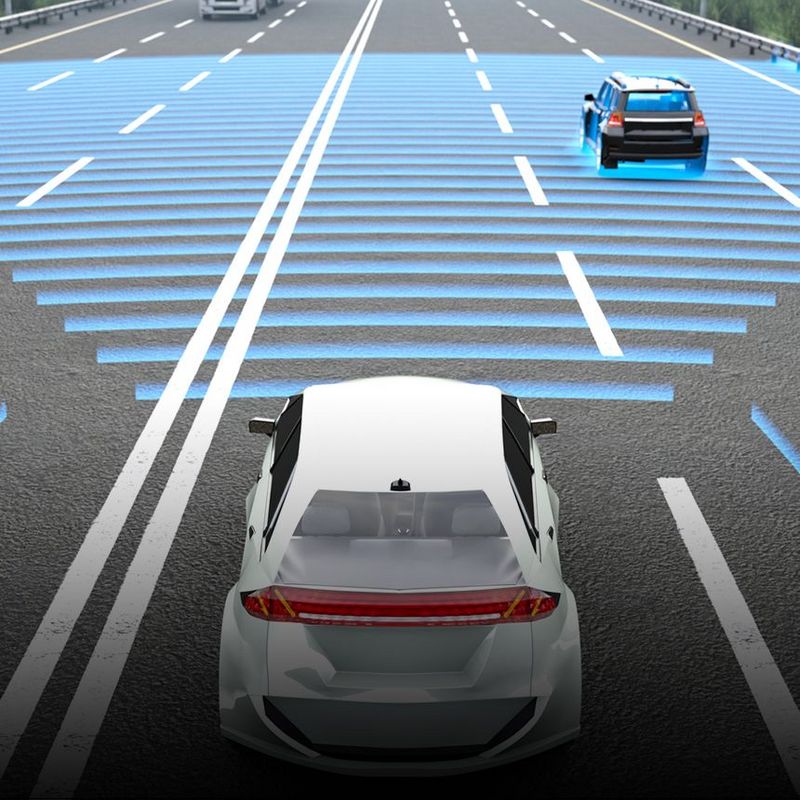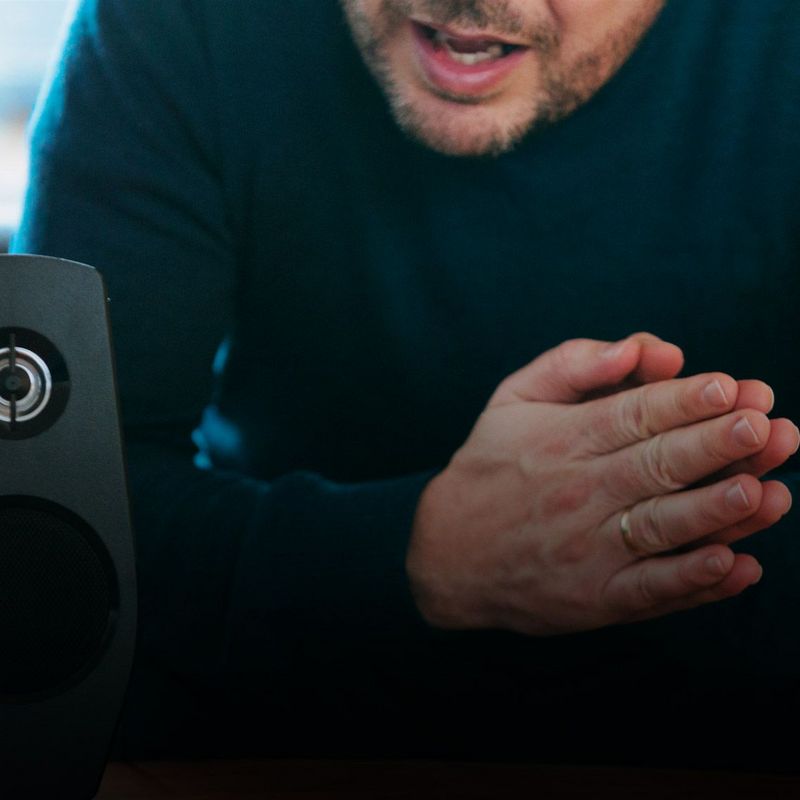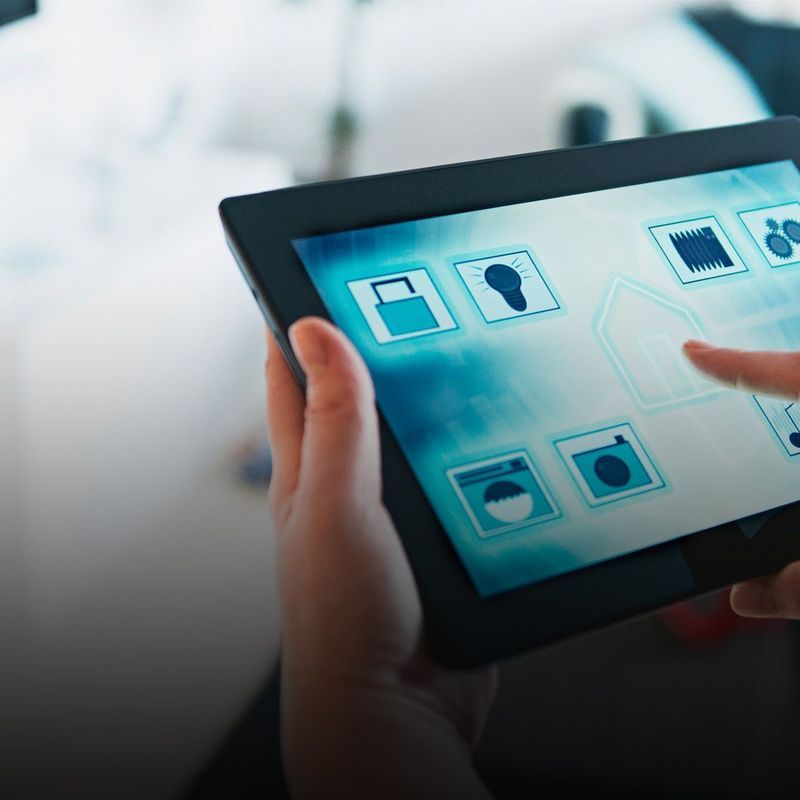28. April 2022
Smart home devices have some of the same issues as their human owners: If they don’t speak the same language, communication is seriously impaired. The idea behind Matter is to overcome all communication problems and make all devices compatible with each other. Our checklist sheds light on when the new connection standard will come, who is behind it and how Matter intends to make it easier to run the smart homes of the future.
What is Matter?
Anyone who has already set out to make her or his home smarter knows the problem: the range of smart lamps or intelligent thermostats from different manufacturers is now quite extensive, but you can't make full use of all of it – because one device only talks to Amazon’s Alexa, another only to Apple’s HomeKit, and yet another can only communicate with the Google Assistant. This complicates the search for a compatible device and restricts the pool of possible candidates. Matter aims to change this. The idea behind the new connection standard is to make devices from different manufacturers compatible with each other. It will be possible to connect any device that has been certified according to the standard with the smart home systems of the major providers – whether Apple, Google or Amazon. It will then be easy to recognise compatible lamps or light switches in local shops or online stores by their Matter logo. The annoying and time-consuming search for suitable devices will be a thing of the past.
Is Matter going to replace Alexa and friends?
The short answer is no! Here’s the longer version: Matter is intended to complement but not replace existing systems, as it is not a smart home system itself. The technology connects household devices and regulates the way they swap data. A higher-level system, which in turn must be Matter-compatible, will still be responsible for their control and automation. And the special thing about it is that, thanks to a special Matter function, it will be possible to use devices simultaneously in different systems. While one family member tells Alexa to switch on a smart light, for example, another can still use the Google Assistant. By the way, Matter isn’t a new wireless standard. Instead, it uses the “old” WLAN and Bluetooth Low Energy standards as well as the new wireless standard known as Thread. Incidentally, the latter is considered a great beacon of hope in the smart home sector, as it requires less energy and enables lower delays and longer ranges than, for example, Bluetooth.
What else does Matter do differently?
With Matter, smart devices communicate via local network connections. In other words, they will also work even when the Internet is down and won’t have to take a detour via the cloud. This is intended to improve data security and enhance privacy. However, device manufacturers can continue to offer their own cloud services with corresponding additional functions, which can then be accessed using an app if required. In the future, Matter will also make it easier to set up smart devices, for example via QR codes, which can simply be scanned with a smartphone camera. A principle that Apple, for example, is already practising with HomeKit.
© iStockSmart home solutions from different manufacturers will soon be compatible with each other thanks to the new Matter connection standard.
Who is involved in Matter?
Matter is the brainchild of a joint initiative of Amazon, Apple, Comcast, Google, Samsung SmartThings and the former Zigbee Alliance. Launched at the end of 2019, the initiative claims that there are now 220 companies involved in the development of the open standard, including Ikea, Huawei and Schneider Electric. A complete overview of the Matter members can be found here.
When will Matter start?
The first Matter-compatible products were originally scheduled to be launched back in 2021. The current expectation is that the first devices will be launched in late summer this year. For example, French manufacturer Netatmo has announced a Matter-capable security sensor. Other manufacturers are seeking to rework their intelligent light switches and relaunch them in a Matter-compatible format. Some companies have announced Matter updates for their old devices. The major providers of smart home systems are also planning to update their apps, operating systems and digital assistants: For example, Amazon aims to issue a software update to prepare the majority of its existing Echo devices for the standard. Apple intends to furnish its iOS 15 mobile operating system and, thereby, also its Home app with a Matter update. Google, in turn, has announced that it will make all Nest devices Matter-compatible via updates. The Android mobile operating system is also set to become fully Matter-compatible and will automatically detect Bluetooth-enabled Matter devices in the future. An overview of Matter-compatible devices and those that are to be updated can be found here.




